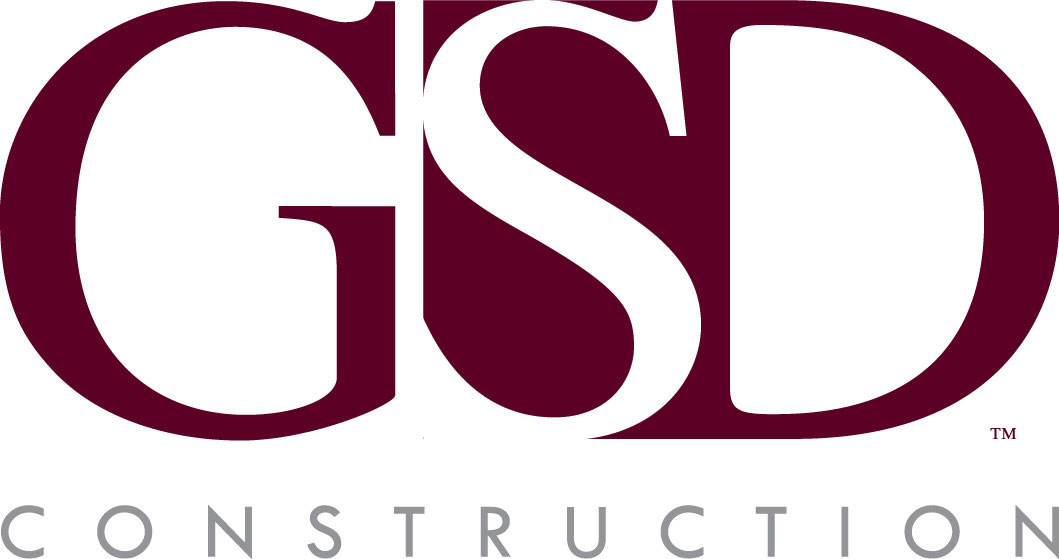Effective construction cost management is crucial for completing projects on time, within budget, and to the required quality. However, balancing the need for quality with cost control can be challenging. With these five strategies, you can take a few steps to ensure your project stays within budget.
1. Develop a Detailed Project Plan
A detailed project plan is essential for managing construction costs. It can help accomplish several goals, including:
- Establishing a roadmap for the project
- Identifying critical milestones
- Keeping everyone on track.
When developing your project plan, consider all the resources and timelines required. Planning upfront can help you stay on track and avoid any unexpected expenses.
2. Conduct a Thorough Site Analysis
Conducting a thorough site analysis before construction can help identify potential challenges and limitations that could impact the project’s costs. For example, if there are existing underground utilities that need to be relocated, this construction effort could start to rack up surprise expenses. You can plan accordingly and minimize unexpected costs by identifying potential challenges early.
3. Hire a Reliable Contractor
Selecting a reliable contractor is crucial for managing construction costs. A good contractor has a reputation for managing costs effectively and can provide you with accurate estimates, negotiate with suppliers, and find cost-effective solutions. You should look for a contractor with a proven track record, references, and a portfolio of completed projects.
Read our article on the benefits of working with a local construction company to get more insight into your options for contractors.
4. Manage Resources Effectively
Managing resources effectively is critical to minimizing construction costs. Overstaffing can lead to unnecessary labor costs, while underutilizing equipment can lead to longer project durations and increased costs.
5. Embrace Technology
Technology is revolutionizing the construction industry, and construction companies can use technology to manage costs effectively. For instance, project management software can help you keep track of expenses and avoid overspending. Building Information Modeling (BIM) can also help you detect potential cost overruns early.
Bonus tip: Plan for Contingencies
Construction projects can often encounter unexpected events that drive up costs. It is crucial to plan for contingencies to minimize their impact on the project’s cost. For example, you can allocate a contingency fund to address unforeseen events or include a schedule buffer to deal with schedule delays.
Managing construction costs requires careful planning and execution. By following these strategies, you can effectively manage construction costs and ensure your project stays on budget.
Be sure to follow us on LinkedIn for more strategies and tips!

